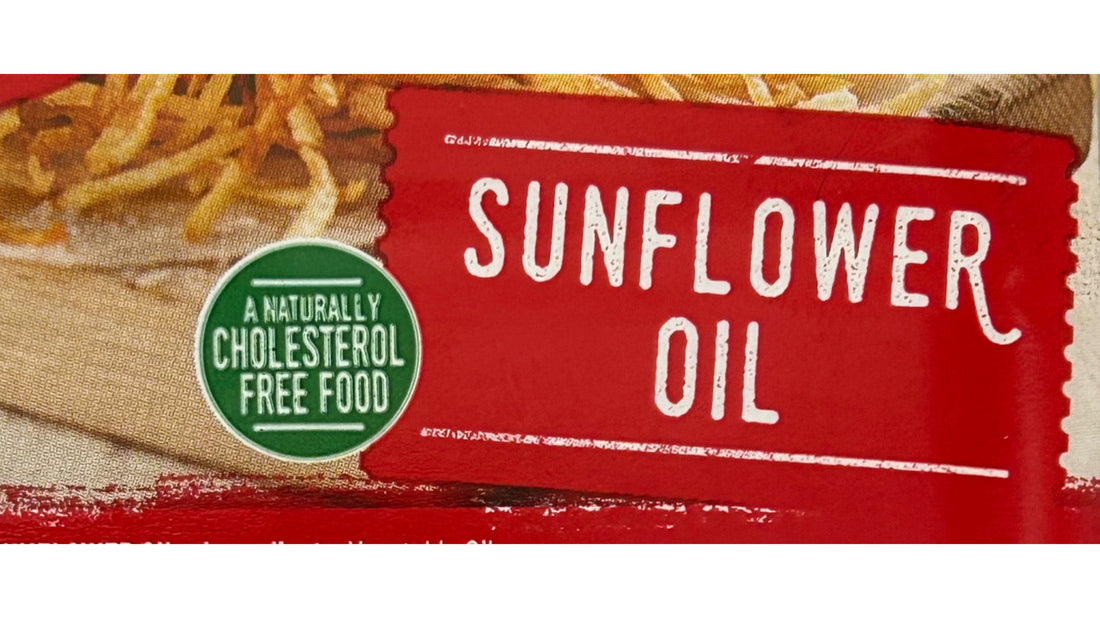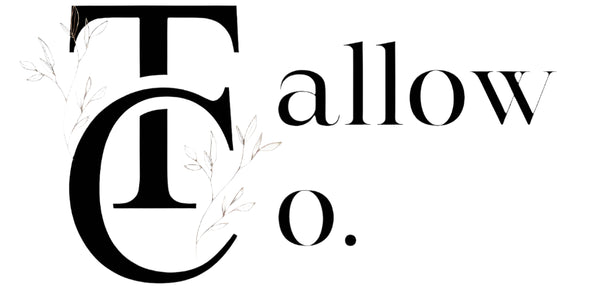
Cholesterol: The Essential Nutrient We’ve Misunderstood
Share
When most people hear the word cholesterol, they immediately think of heart attacks, clogged arteries, and bad health. But is cholesterol really the villain it’s made out to be?
The truth is more complex — and far more interesting.
What Is Cholesterol?
Cholesterol is a waxy, fat-like substance found in every cell of your body. It is essential for life. Your body uses cholesterol to:
- Build cell membranes
- Produce hormones like testosterone, estrogen, and cortisol
- Synthesize vitamin D
- Create bile acids that help you digest fat
In fact, cholesterol is so important that your liver makes about 75% of the cholesterol you need — regardless of how much you eat. Your body doesn’t leave something this critical to chance.
The Two Types: LDL and HDL
You’ve probably heard of LDL (“bad” cholesterol) and HDL (“good” cholesterol).
But these terms are misleading.
LDL (low-density lipoprotein) and HDL (high-density lipoprotein) are not cholesterol itself — they are carriers that transport cholesterol through your bloodstream.
- LDL carries cholesterol to tissues.
- HDL carries cholesterol away from tissues back to the liver.
Both are necessary. Problems only arise when LDL becomes oxidized (damaged) or when there’s an imbalance between LDL and HDL — often triggered by factors like inflammation, poor diet, smoking, or high blood sugar.
Does Cholesterol Cause Heart Disease?
The idea that high cholesterol directly causes heart disease comes from the diet-heart hypothesis of the 1950s.
However, modern research shows that cholesterol alone does not predict heart disease as clearly as once thought.
Major studies have found:
- Many people who suffer heart attacks have “normal” cholesterol levels.
- Elderly people with higher cholesterol often live longer than those with low cholesterol.
- Inflammation, oxidative stress, insulin resistance, and damaged blood vessels seem to be much bigger contributors to heart disease than cholesterol levels alone.
In short: Cholesterol is present at the “crime scene” of heart disease, but it’s not necessarily the criminal.
Blaming cholesterol for heart disease is like blaming firefighters for causing fires — they show up because something is wrong, not because they caused it.
Why You Need to Protect Your Cholesterol?
Aggressively lowering cholesterol with diet or medication without addressing the underlying causes of inflammation can do more harm than good.
Extremely low cholesterol levels have been linked to:
- Hormonal imbalances
- Cognitive decline (especially in older adults)
- Depression and mood disorders
- Increased risk of certain types of cancer
Your body needs cholesterol to function properly. It’s not your enemy — it’s your ally.
Final Thoughts
Cholesterol is a vital, life-sustaining substance. Instead of fearing it, we should focus on what truly drives heart disease: chronic inflammation, insulin resistance, nutrient deficiencies, and poor lifestyle choices.
A diet rich in whole foods, healthy fats (like beef tallow, butter, olive oil, and pastured meats), exercise, and stress management will do more for your heart than simply chasing “low cholesterol numbers.”
It’s time we stop vilifying cholesterol and start understanding its essential role in a healthy, thriving body.
